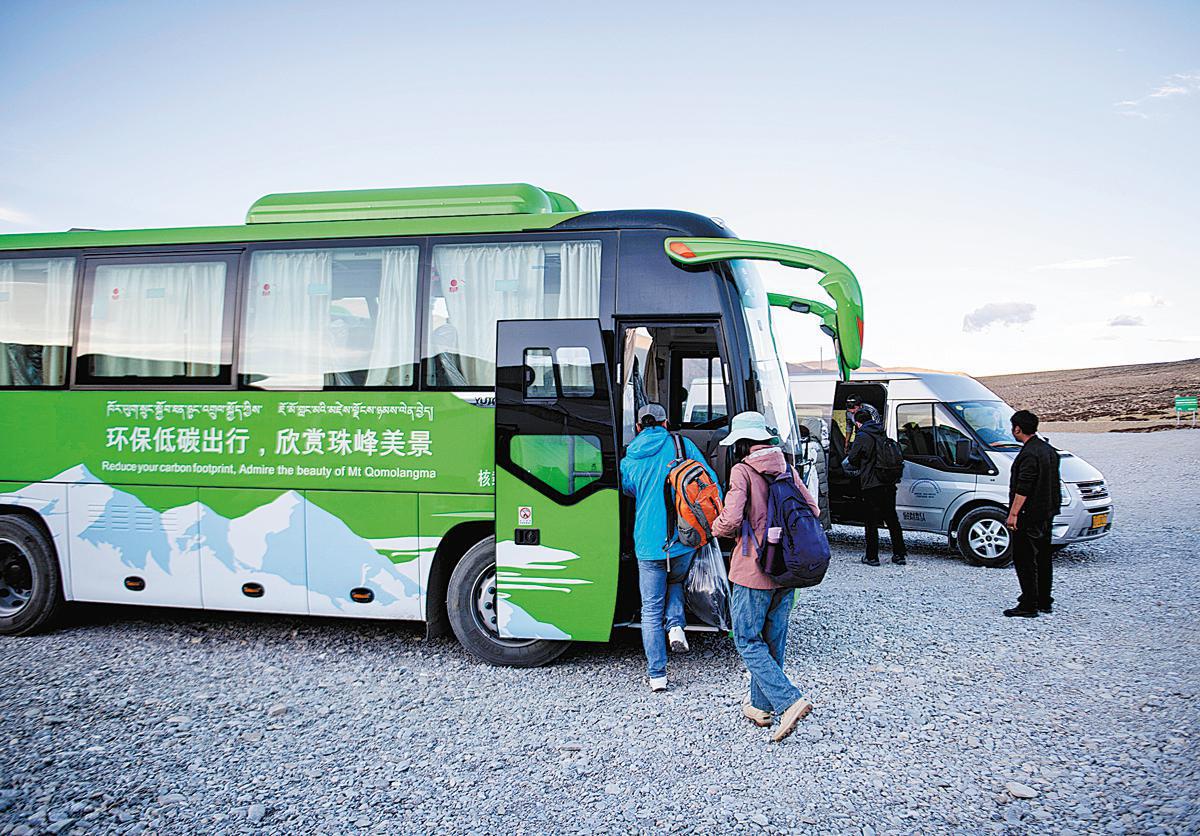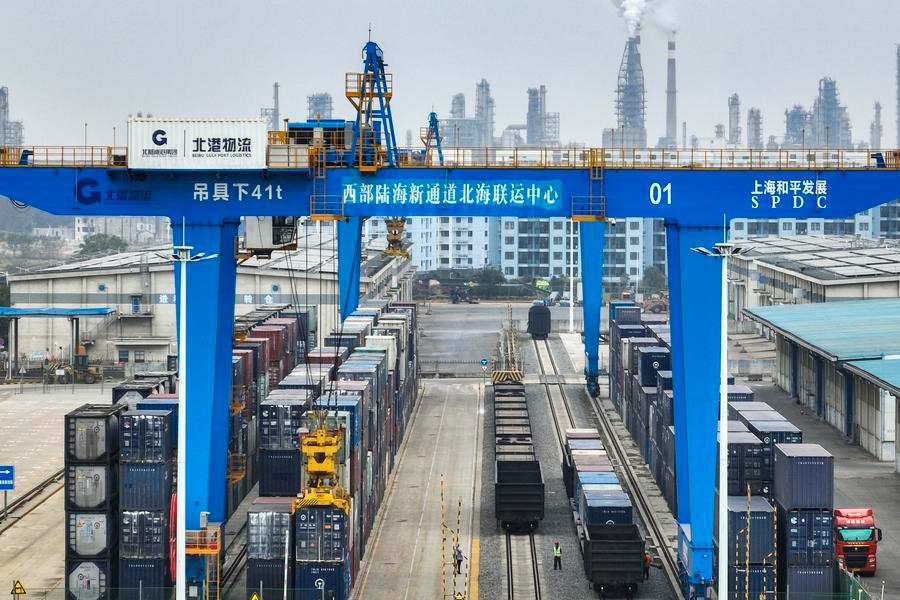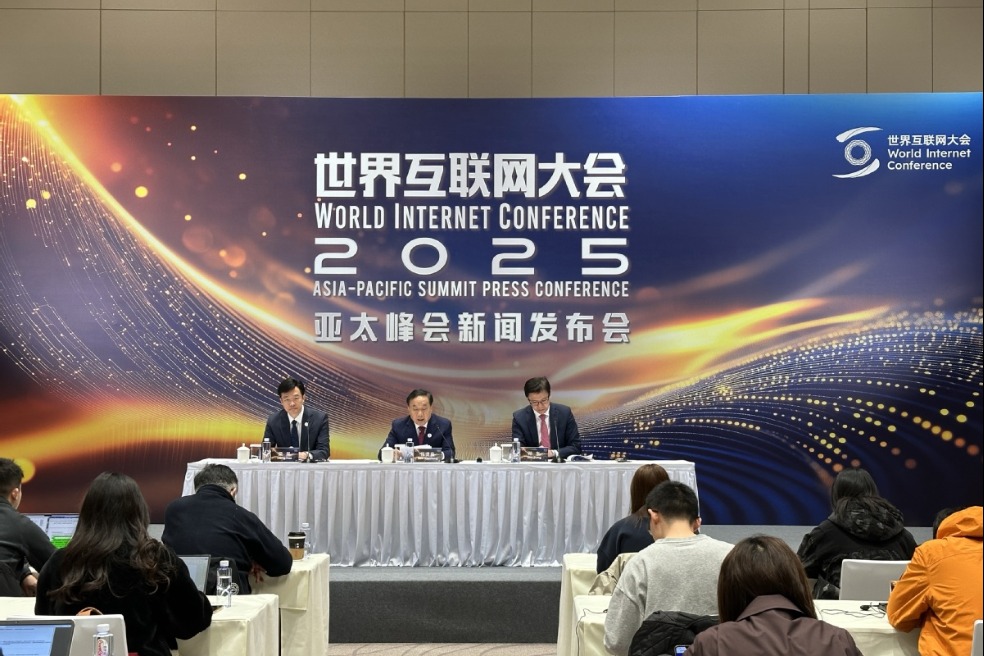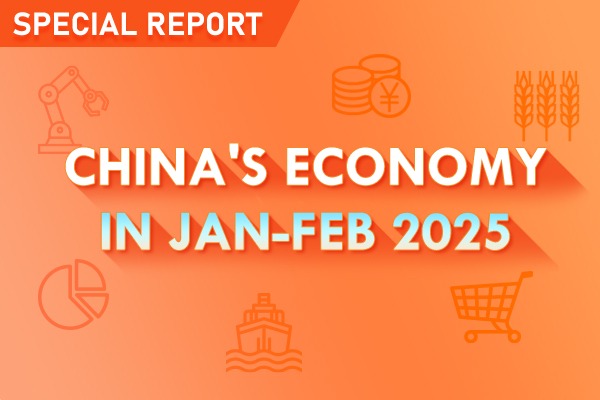Countries can achieve greener results with closer ties


Recovery from the economic wounds inflicted by COVID-19 remains uneven across many countries, although the process can be a window of opportunity for nations to realign factors of environment, innovation and energy into their policy planning as part of efforts to reach global sustainability goals, industry experts suggested.
Amar Bhattacharya, senior fellow of the Global Economy and Development Program at the Brookings Institution, said during a webinar on Monday that economies need to switch to a green and more sustainable way of development, adding that a policy shift toward this direction is likely to produce a "different and vibrant form of growth".
Bhattacharya made the remarks in an online panel discussion during the Global Strategic Dialogue 2021, a webinar themed open global economy.
Bhattacharya pointed out the world is experiencing a multi-speed recovery. While many developed countries are back to their pre-pandemic growth levels, emerging markets and developing countries are still struggling to recover.
For developing economies, new efforts to regain growth opened a window of opportunity to build a different kind of growth model, pushing their future development greener and in a more sustainable manner, he said.
"The challenge that is facing emerging markets and developing countries right now is boosting investment that can drive a strong and sustainable operating way," he added.
Economies in East Asia and member states in the Association of Southeast Asian Nations may find this opportunity particularly golden, said Venkatachalam Anbumozhi, director of research strategy and innovation at the Economic Research Institute for ASEAN and East Asia.
He said past climate actions of Asia-Pacific countries have entailed progressive bottom-up sectoral low carbon initiatives that are comparatively fast to implement, and this provided incremental benefits.
"As countries move toward long term deep de-carbonization and a circular net-zero economy, the pandemic recovery and stimulus packages offer a rare opportunity for realigning the environment, energy, innovation, trade and fiscal policies into macroeconomic planning and national budgets," Anbumozhi said.
Meeting the global goal of a net-zero future by 2050 and the Nationally Determined Contribution targets earlier will require much higher levels of private finance and investments in technological developments, he said.
Such a process will require sizable funding support, and financial institutions will have a unique role to play, the analyst said. Ambitious green development goals will require more participation of high level private finance, and that financing will more likely be found in the new technology sector.
Pan Jiahua, an academician at the CASS, said while most countries agree on carbon neutrality and announced timetables for achieving such a goal, the challenge lies in the specific road map and what measures will be taken to achieve this target.
"We now have the consensus, but the challenge is how to transform the targets on paper into reality, particularly for some developed countries," he said.
For example, he said Germany has committed to phase out using coal by some time around 2030, which is less than a decade away. But coal still makes up a notable part in the country's current energy structure. Pan said he is more concerned about the specific road maps for many of such economies toward low-carbon growth.
Both Pan and Anbumozhi underlined the imperativeness of strong, steady global cooperation toward greener growth. Anbumozhi believes international and regional cooperation in this area is huge and suggested regional economic partnership arrangements among emerging economies shall better prioritize energy transition and help the region cut the cost of green transformation.




































